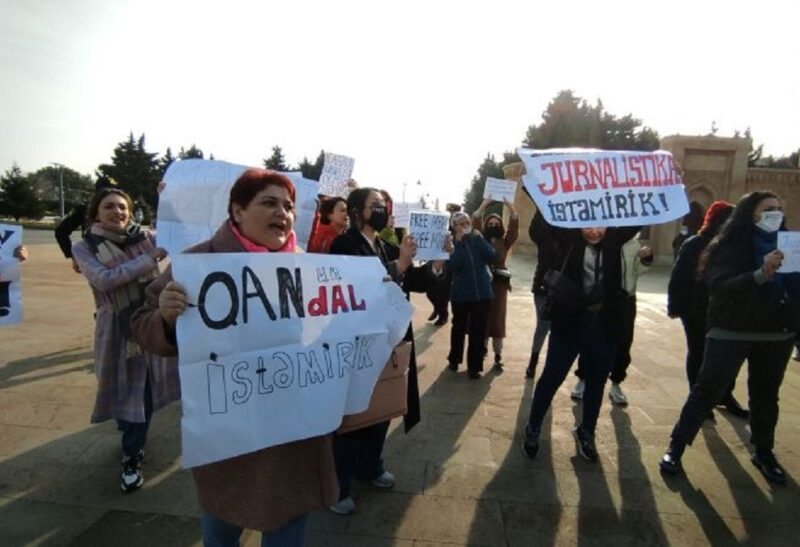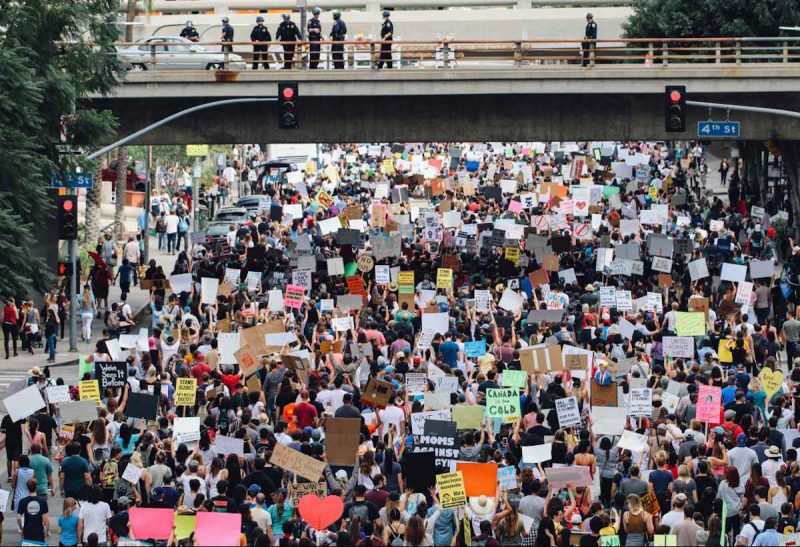Recently I read the Turkish writer Hakan Gunday’s novel, Daha. It begins as a story of a boy named Gaza, who together with his father gets involved in illegal trafficking of migrant workers. As the story develops, it touches on many other issues.
The key parts of the story are Gaza’s experiments on the Afghan refugees who are being temporarily kept in a bunker in their backyard, and the results of these experiments.
Gaza repeatedly tortures the refugees, and examines their behavior in different situations. To help conduct his “experiments”, he chooses one of the refugees, Rastin, to assist him. Gaza instructs Rastin through a radio and Rastin, in turn, explains those instructions to other refugees and makes sure they follow them. As time passes, Gaza realizes that Rastin is exceeding his instructions with regard to the mistreatment of his fellow countrymen. Later, when Gaza asks Rastin for the reason behind this, Rastin replies that he used to be a student in Kabul University where he was involved in a political struggle for the freedom of Afghan people, but a lot of his friends were killed or arrested. The people never showed their support or believed in them, and mocked them instead. As a result he was forced to flee the country. That is why he hates his people, and Gaza’s experiments presented an opportunity to take revenge.
Rastin’s situation is very familiar to my friends and me. We, and our families, have faced hardship and betrayal. Most people in jail and outside have taunted us, saying that we will never be able to achieve anything, that we are too weak to fight the government, and other words of discouragement. After our arrests, even our own friends and relatives, who used to stand with us, showed no support for us. Instead, people mostly tried to give us advice.
A lot of the people we meet in jail ask us the same question: “Does anyone even support you?”; mostly in reference to financial support. Every time I respond to it by trying to explain that I am not doing this because someone does or does not support me. If I get support – great, but if I don’t, I will still continue to do what I’m doing. Most of them are not satisfied with this answer. They don’t believe me or perhaps simply choose not to.
Perhaps all of this could make us think like Rastin. Maybe we could also develop hatred towards our nation.
Some of the parents of soldiers who were killed during the ceasefire have attended several of our hearings . Their attendance was more important to us than that of all the other people, as they are the ones for whom we got arrested. It’s a very strange feeling – a good one – to see them in the courtroom.
Now, having read this novel, it has become clear to me again that even if nobody attends our judicial proceedings, I will continue to do what I do without ever becoming Rastin. Our judicial process is still going on, and we will probably receive a long prison sentence, but neither jail time nor anything else will ever change my mind about the commitments I have made.
Although I don’t see myself as a hero, I will end this article with this excerpt from the novel:
“Responsibilities are given to heroes by themselves, not by the people. That is why heroes don’t have the right to call the people to account.”
P.S. There were people who supported us, or at least tried to support us during our time in prison and for that I am thankful to them.
16.01.2014 BPDF



